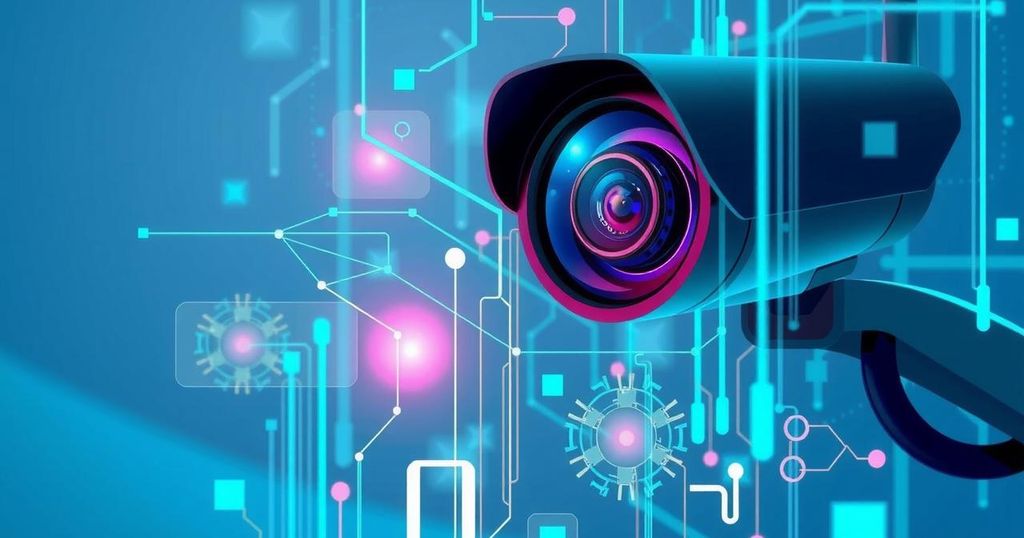Stellar Technologies’ NesherAI software is scraping social media images to identify protestors with possible visa violations. This practice draws parallels to Clearview AI’s previous controversies. Legal and ethical concerns arise as the software is marketed for use by various organizations, including extremist groups, raising issues of privacy and potential doxing.
A New York City startup, Stellar Technologies, is utilizing facial recognition software called NesherAI to identify protestors who allegedly breached their study visa conditions. This initiative raises privacy concerns amid ongoing outrage over similar practices by Clearview AI, which agreed to limit its software licensing to law enforcement due to biometric data privacy disputes.
NesherAI, designed to track individuals for law enforcement and security purposes, employs thousands of images sourced from social media. Founder Eliyahu Hawila states the software aims to locate individuals who supported Hamas’ October 7 terrorist attack and others committing offenses. This has led to claims of doxing against the company for sharing search results with advocacy groups.
The software is marketed to a range of organizations including NGOs and universities for its profiling capabilities, targeting potential threats like malicious individuals and terrorist affiliations. Demonstrations of the software show how a photo can be matched to reference images, subsequently revealing personal information from affiliated company websites.
The group Betar, identified as a right-wing Zionist organization, is reportedly utilizing NesherAI to identify protestors, including Mahmoud Khalil, who is accused of anti-Semitic behavior by U.S. officials. This connection has placed Betar under scrutiny as the Anti-Defamation League categorizes them as an extremist group.
The use of facial recognition technology by Stellar Technologies’ NesherAI raises significant ethical and privacy concerns. With its focus on surveillance and tracking suspected individuals, the software’s implications extend beyond law enforcement, encompassing activism and community profiling. The partnership with organizations like Betar underscores the contentious landscape surrounding biometric identification practices, particularly in politically charged environments.
Original Source: www.biometricupdate.com





